This post may contain affiliate links. If you make a purchase by clicking on these links, I may earn a small commission at no extra cost to you. Read the disclaimer for more information.
As humans it seems to be easier to ignore things rather than deal with them. This applies to simple things like doing your homework after school, getting your washing done or going to the dentist. However we also seem to easily ignore far larger problems. In this case, I’m talking about climate change.
A lot of us believe in climate change (and perhaps more of us don’t), however we don’t really do much about it and just continue on with our everyday lives and say that will get to it one day, or perhaps it will just sort itself out. Many of us are probably just hoping the whole thing isn’t true. After all, it doesn’t feel any hotter than it did last year and I heard that it snowed in the Sahara Desert, so how bad can it really be? Like many things, it isn’t until it is right in front of your face, laid out in front of you that you finally realise what is happening. For me, the effects of climate change were laid out in front of me when I re-visited Franz Joseph Glacier on the South Island of New Zealand.
I first visited Franz Joseph Glacier in 2005. It was the second glacier that I visited on that trip, after having helihiked on the nearby Fox Glacier. I was so impressed and intrigued by the huge amount of ice tumbling down from the mountains above and flowing down the valley. I remember walking up to the face of Franz Joseph Glacier, the huge ice face towering above me. I could see tiny dots climbing up the ice face as a glacier trekking group made their way up for a hike on the ice. It was so impressive that I had always wanted to return.

Franz Joseph Glacier, January, 2005
It wasn’t until over 11 years later that I made that return trip, this time with my wife. It was her first trip to New Zealand and I wanted to show her all of the amazing places that I always talk about over there. We travelled by campervan around the South Island, making our way over to the West Coast where I was excited to show her the glaciers. We drove to the car park at Franz Joseph Glacier and began the hike up the valley. When we reached the first viewpoint that looked out towards the glacier, I was simply blown away.
“Where was the glacier?!”
I had to squint to see it. The huge river of ice I remember from my first visit simply wasn’t there anymore. It had receded right up the valley, mostly hidden around the corner at a much higher altitude. All that was left was a bunch of grey rock where ice had once been. I was shocked and devastated.

Franz Joseph Glacier, October, 2016.
We trekked up the valley until we reached the point where the ice used to be. You can no longer walk up to the face of the glacier as it is too treacherous and steep, and the treks that used to go up the face and onto the ice no longer exist.
The effects of global warming were laid out in front of me. If that wasn’t evidence enough to make me believe in climate change, then I would simply be an ignorant fool. I have absolutely no doubt that the climate is warming. Nothing else can melt ice other than heat. You don’t need to be a scientist to work that one out.
It has only been 11 years, a blip in the age of this glacier, and yet it has melted and receded so far back that it is a mere fraction of what it used to be. Many of you may not believe in climate change, and I’m not going to tell you that you’re wrong, and you are certainly entitled to have that opinion, but answer this question: if the climate isn’t warming, how on earth do you explain this?
- Franz Joseph Glacier, January, 2005
- Franz Joseph Glacier, October, 2016.
- Franz Joseph Glacier ice face, January, 2005.
- Franz Joseph Glacier ice face, October, 2016.
I was shocked by the change in Franz Joseph Glacier over such a short period of time, and it has certainly opened my eyes more than ever to the importance of limiting my effect on this warming climate, however small that may be.
I’d love to hear your thoughts on this. Do you believe or not believe in climate change? Have you experienced anything like this during your travels, or even at home? There is one thing that I am now certain of, and that is that we at least need to start talking about climate change and not ignoring it or leaving it for future generations and politicians to deal with. We need to deal with this now. Please share your thoughts in the comments below.






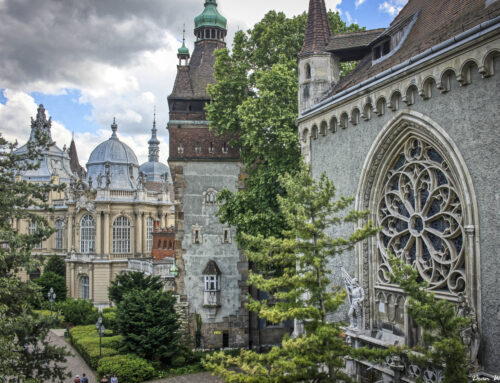
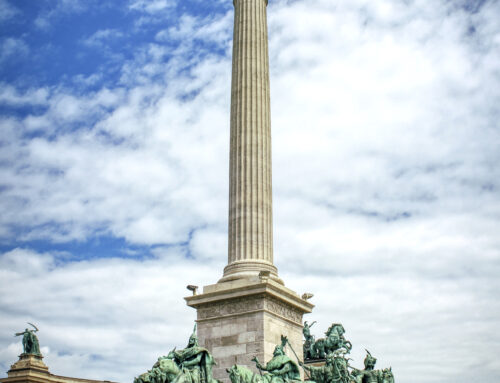
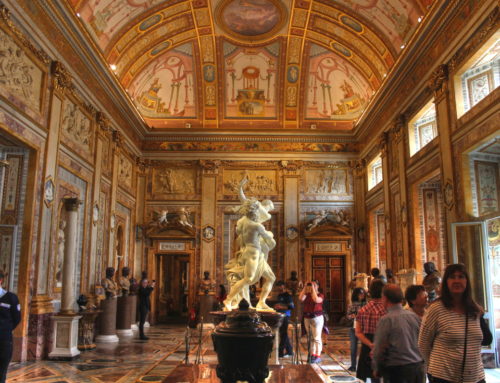
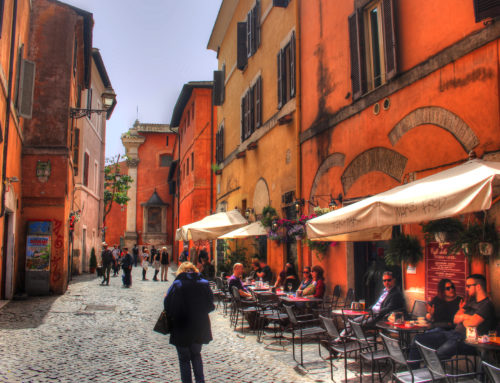
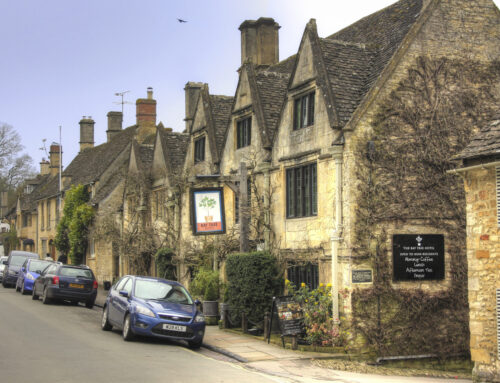
I love the fact that you are using the power of your blog and readership to highlight a first-hand experience of witnessing climate change. Thank you for that.
If we don’t talk about it, nothing can change.
Good pictures. Yeah the difference is clearly visible in the pictures. In fact the full glacier is looking different. Amazing post.
Thanks.
It is quite a drastic change. Thanks
Thanks for sharing this. It can serve as climate change awareness to the people. I am personally shocked on what saw in the your photos. Your post is an eye opener about climate change.
Excellent post – so many great tips and very helpful
It sucks you made that trip all the way out there to show the glacier to your wife only to find it a shadow of its former self. Your pictures are still pretty, but eleven years isn’t long at all to have that drastic of a change. 🙁
It was still beautiful and well worth the trip. But yes, the change was huge in such a short period of time. I was quite shocked.
Wonderful blog!!! I liked the complete article…. great written,Thanks for all the information you have provided…
This is the reality we all are closing our eyes from, the same situation we are facing now the world’s second biggest glacier lane in Himalayas. We all have to do care about it, have to plant trees, use of plastics should be ended, otherwise we are going to make earth 3 to 5 degrees more hotter in coming couple of decades.
Yes it is happening all over the world and the evidence is there. We definitely have to be doing things about it. I’m really not sure how it can be ignored.
Wow, how sad to see how much Franz Joseph Glacier has receded. I am not the biggest environmentalist but I have no issues with trying to make the world a better place. However, when you see things like the Franz Joseph Glacier so much smaller or receded as it is in your pictures in just 10+ years, it is evident that we need to try harder to lessen our affect on our most beautiful planet.
I hope to visit the Franz Joseph Glacier in New Zealand in the next 5 or so years and I hope that it will look similar if not better. One can hope.
Hi Eric. It all starts with talking about it and caring about our planet. It is the only way to begin to fix things. I’m pleased that this has helped to make you start thinking more about it.
Iceland was once a fertile land where the vikings grew agriculture! Now it’s a desolate and cold place where modern man dare not venture. We also used to map the LAND beneath the south pole! Sure we will lose the glaciers and we will have to relocate our skinging feilds but drumming up propaganda about climate change is a little silly! It’s a natural process and best we learn to adapt to mother nature! Global pollution, poverty and deforestation is a much more pivotal issue that we should address!
This is the best travel tips I ever read. I love traveling too
Thank you so much for these wonderful tips. This is a great post and place you visited. Lovely pictures.
It is quite a drastic change. Thanks
Excellent blog post, and thank you for sharing some very helpful thoughts!!! Best of luck with your travels.
Wow-what a great post
The glaciers are beautiful, I also saw some pics of the effect they tooks and its really bad, we should do something!
Lovely blog, thanks for discussing about climate change it is very important and also for the wonderful tips.
hey, climate change is an important topic thanks for discussing it out, loved the article and also thank you for sharing such wonderful tips.
The decline of Franz Joseph Glacier in just over a decade highlights the need for urgent action to reduce our impact on our planet. The author plans to visit the glacier in New Zealand in the next five years, hoping for a similar or better appearance.
The blog is great information and thanks for discussing climate change, which is crucial, and for providing extremely tips.
The blog is great information and thanks for discussing climate change, which is crucial, and for providing extreme tips.
[…] *Update: I returned to Franz Jospeh Glacier over a decade later. It’s still there but has receded far up the valley. Read the post: Franz Jospeh Glacier: Then and Now. […]